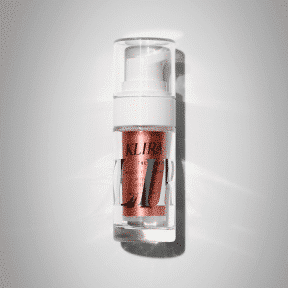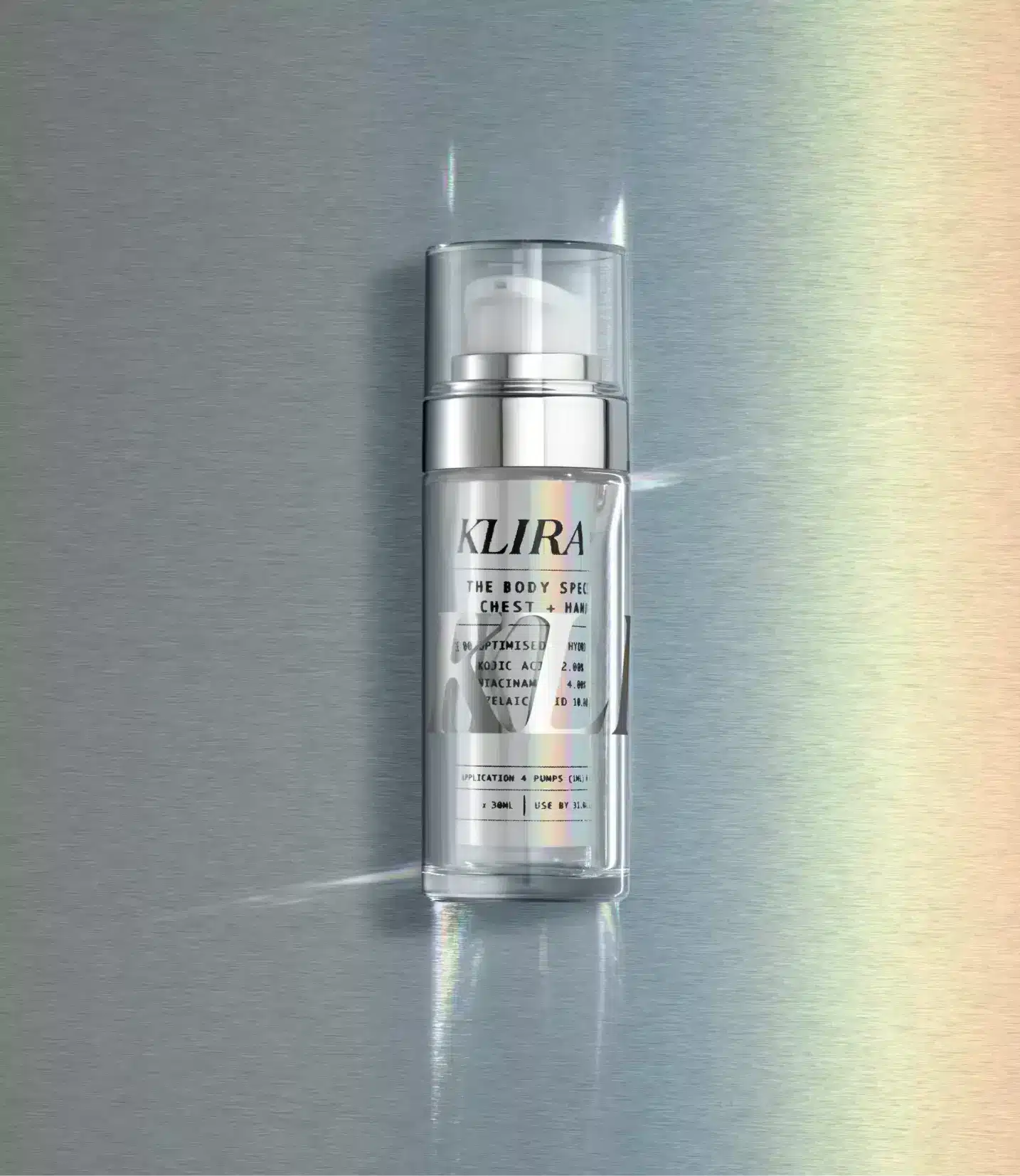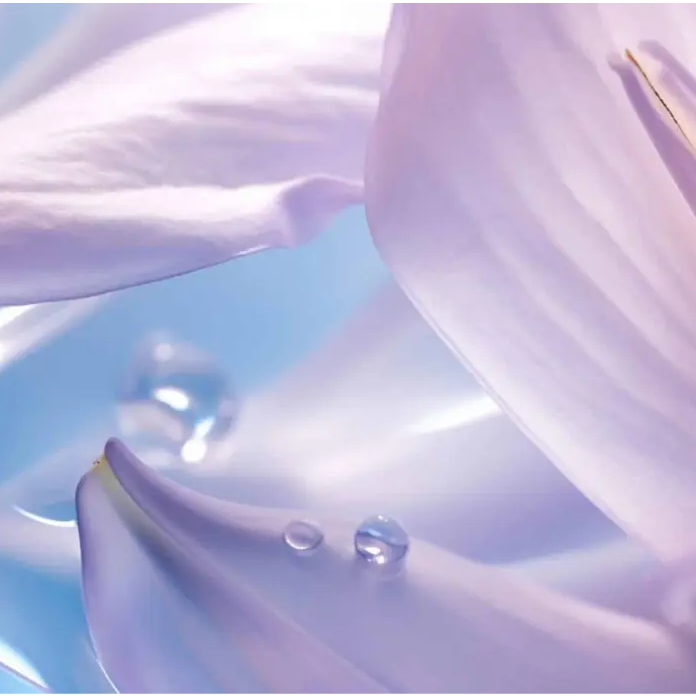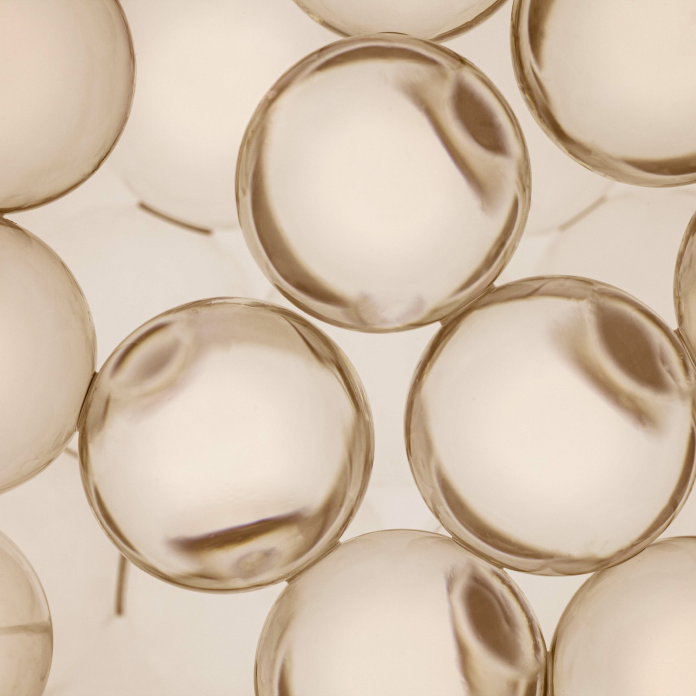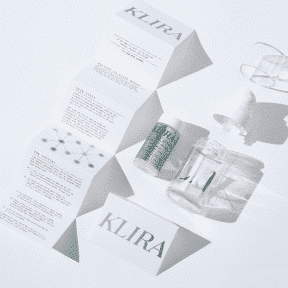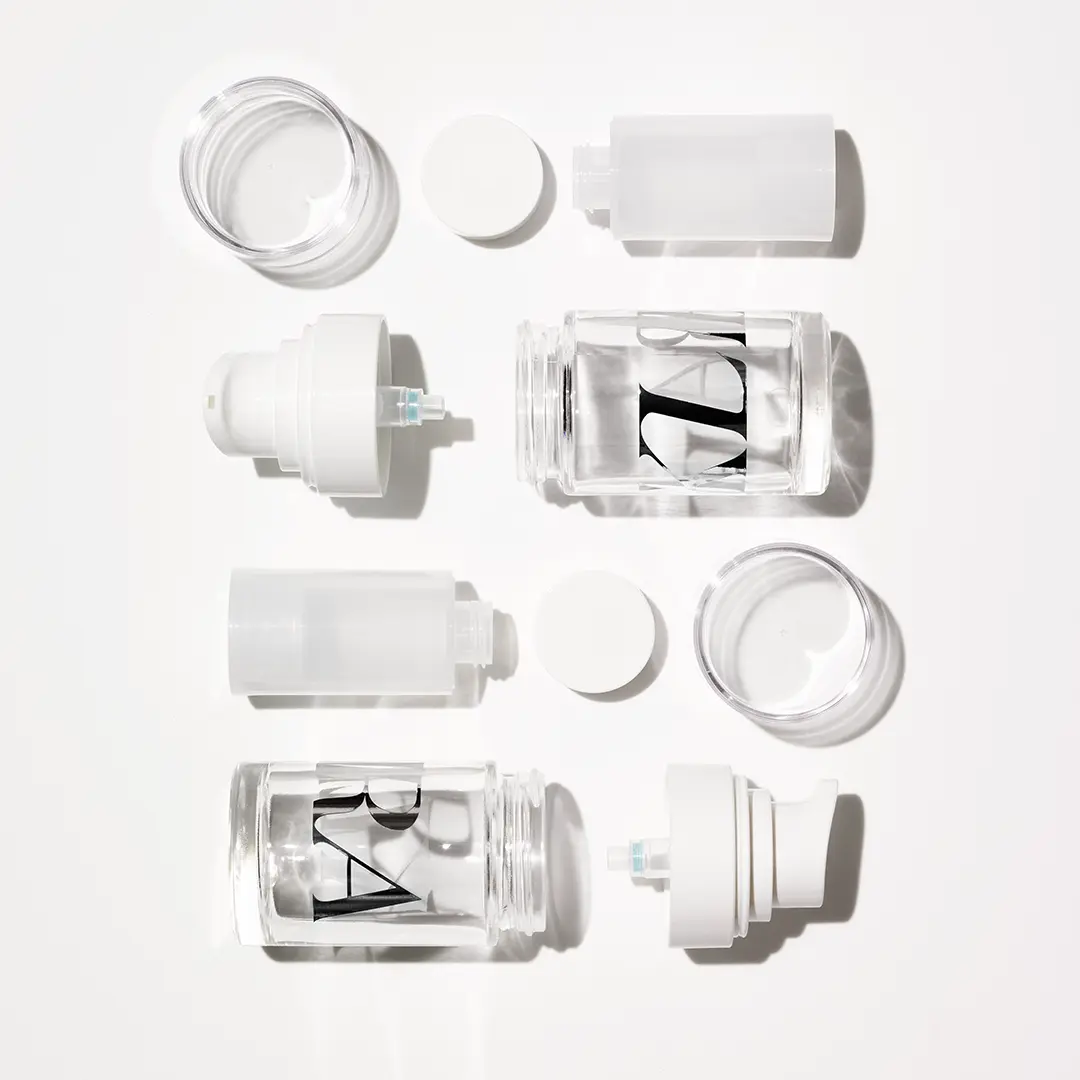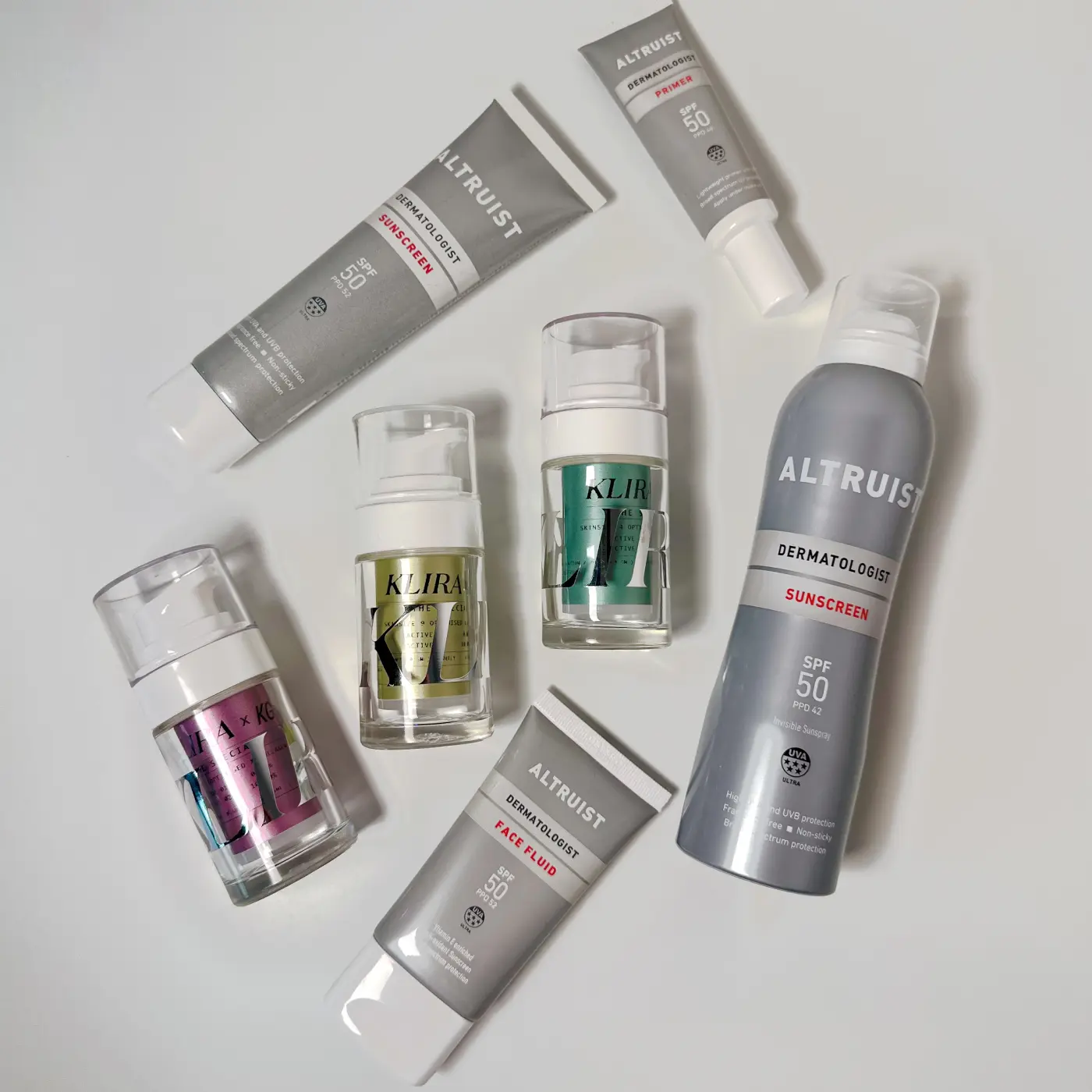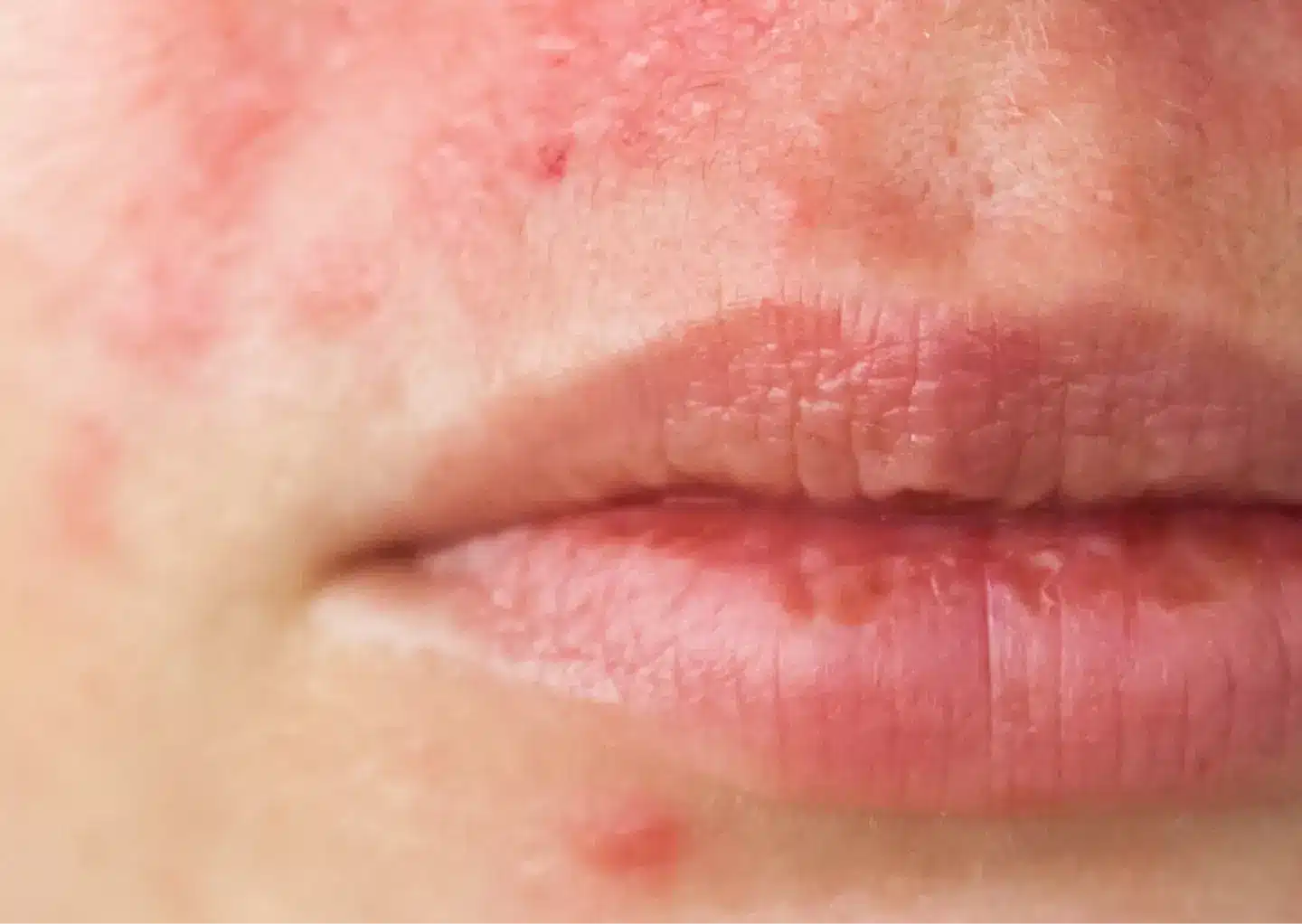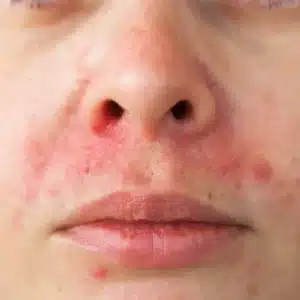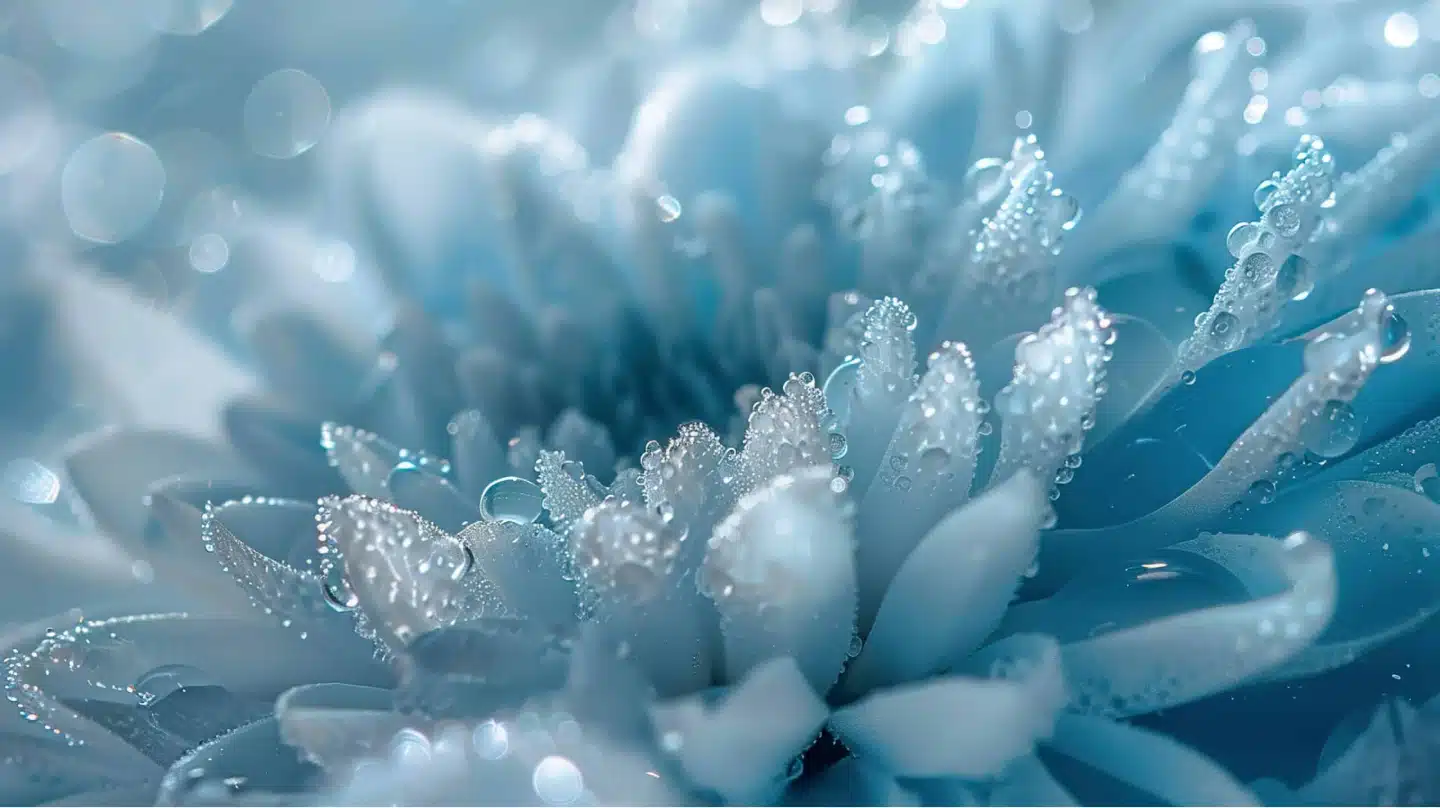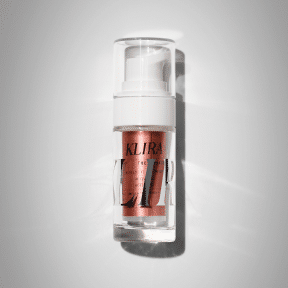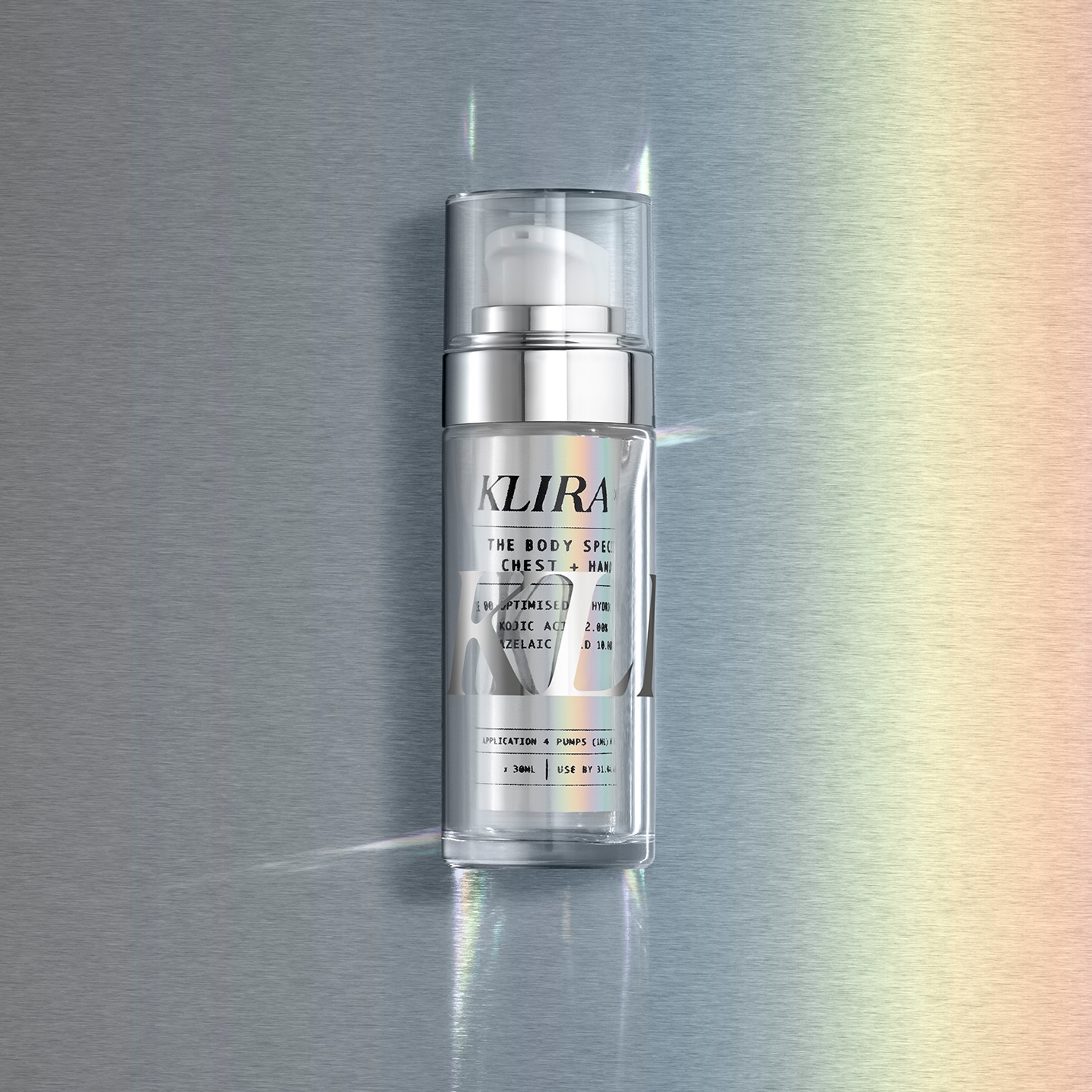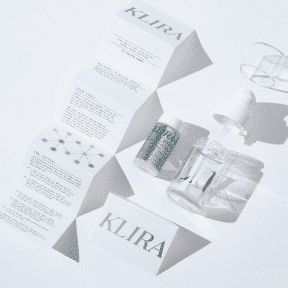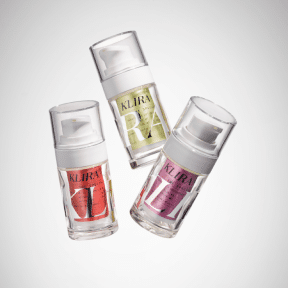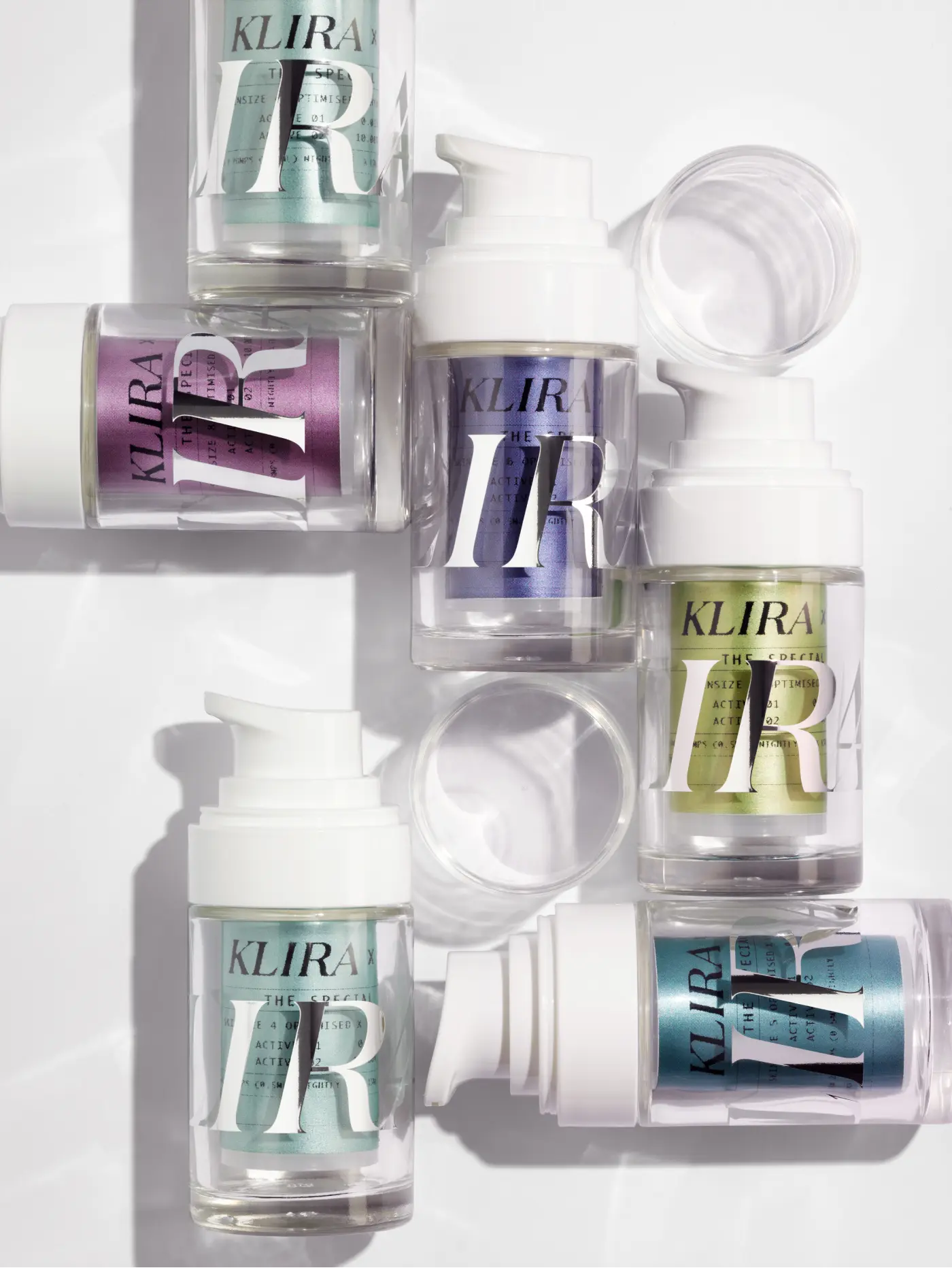
September has arrived, bringing with it thoughts of back-to-school, setting new intentions, and establishing fresh routines. We’re the first to admit that during the summer, our skincare habits can sometimes fall by the wayside. Whether it’s forgetting to apply our Klira for a night or using someone else’s SPF that isn’t quite right for our skin while on the go, our routines can become a bit neglected. This month, we’re committed to putting a proper skincare routine in place—one we can stick to for the rest of the year.
If you have your Klira Special, you are already doing the absolute best you can for your skin. The Klira special is personalised to you, and contains the most potent, most evidence-based ingredients to help you achieve healthy, clear skin. Armed with your Klira, the rest of your skincare routine can be pared back and simple, but it is still important. Here is how to build your personalised skincare routine around Klira.
Skincare Routine Basics
You are pretty much one and done with Klira in terms of actives, but there are a few things you will need to supplement your skincare routine. And if we strip it back to the bare minimum, you will also need 1) a sunscreen 2) a cleanser 3) a moisturiser, and here’s why.
-
-
-
Sunscreen
The best thing you can do for your skin is protect it from UV rays from the sun. Stating the obvious, UV radiation is.. radiation. Radiation creates free radical damage, degrades your collagen to accelerate skin ageing, including making your skin more fragile and creating wrinkles. It also stimulates production of pigment in your skin, leading to an uneven complexion with age spots. It is the number one driver of a condition called melasma, which creates patches of dark marks across the centre of your face. Finally, your Klira Special may include ingredients that renew your skin’s surface, and that fresh skin should be protected from the sun.
Choosing the right sunscreen: this can be a monumental task, but taking the time to find your perfect match is worthwhile. The best sunscreen is one that is broad spectrum (UVA & UVB) and SPF50 (SPF30 will do if you are not prone to hyperpigmentation, and that ends up being the one you love). People with oilier skin types often prefer gel-based or mattifying sunscreens, and people with normal to drier skin usually prefer something much more hydrating. In the warmer months you may like to skip moisturiser and rely on the hydration from the sunscreen alone, whereas in the winter you may want to layer with a moisturiser. Finally, if you are someone who wears foundation you may want a sunscreen primer. So there are many variables to choosing the perfect sunscreen depending on your skin size and habits, but we can help guide you.
-
Cleanser
It is really important to wash your face – by the end of the day you will have particles of pollution, food, excess oil, makeup, sunscreen and dirt on your skin. People touch their face throughout the day, and their face is constantly exposed to the environment. This can lead to imbalances and congestion in the skin. It is important to thoroughly wash off the day and have a clean canvas before you apply your Klira special. It is also a good idea to wash your face in the morning, to make sure you have washed off your Klira and can apply your morning skincare routine.
Choosing the right cleanser: Again, this will vary by your skin size, personal preference and how much make-up you wear. For those who wear a lot of make-up sometimes a balm, oil cleanser or micellar water is required as a first cleanse, followed by a second cleanse. This ensures everything is properly removed and you are left with a clean face. For most people a single cleanse is sufficient. We have lots of cleansers we love at Klira, so we can recommend something no matter what consistency you like (milk, gel, oil, cream, balm.. you name it!) and at different price points. We tend to recommend gentle, fragrance-free cleansers in order to avoid any sensitivities or allergies developing. If you have a cleanser you love that works for you, that is perfect, and if in doubt you can email us and we can confirm it works with your Special.
-
Moisturiser
A moisturiser works to reinforce your skin barrier; it adds an extra layer of protection and infuses hydration into your skin. Active ingredients can be strong, and it can take time for your skin to adapt to them. Initially this may lead to some sensitivity and dryness. Additionally, seasonal changes throughout the year and as we age, our skin naturally gets drier and more fragile, requiring the help of a moisturiser. Have you ever heard people say if you wait until you are thirsty to drink, that means you are already dehydrated? Well it is similar with skin. If you wait until your skin feels tight and flaky to moisturiser, it is already dehydrated.
Choosing the right moisturiser: The aim of a moisturiser is to offer hydration, improve elasticity and support the skin barrier. As such, some of the best ingredients are ceramides, hyaluronic acid, shea butter, petroleum jelly, urea, colloidal oat, glycerin, and cholesterol and other fatty acids. Moisturisers come in different consistencies and can feel like lotions, creams, ointments and balms. These will appeal to individuals depending on taste and their skin’s sebum balance. One thing to look out for is that some moisturisers will have active ingredients such as acids or retinols in them; you want to avoid these are as your treatments are all contained in your Klira special and are far more efficient and potent that anything available over the counter.
-
-
Enhance your skincare routine
People often email us with advice about extras, such as serums or masks they like to use. When you are first starting out with Klira we recommend a minimum routine; we want to make sure you adjust to the potent ingredients as seamlessly as possible. We also know from experience that complicated routines often lead to trouble: irritation, allergies and congestion. A lot of the extra products aren’t really necessary; we got you covered with Klira. Once you are established on your special, if you there is something you want to add in, you can always ask us.
A popular request is a Vitamin C serum in the morning. A Vitamin C serum is a great choice for those wanting extra free radical protection and rejuvenation. Vitamin C can help promote collagen growth, enhance anti-oxidant defences and even skin complexion. With those with very sensitive skin, it might be irritating. There are a variety of different Vitamin C forms, and not all are created equal. If a Vitamin C serum suits your skin size and your goals, then it might be the one extra thing to add in.
To help you build your bespoke skincare routine, we make recommendations based on your skin size, which you can find in your Klira profile and on our website. You can also reach out to us directly with any questions, and can send us links or photos of your products to check if they are a good fit. We are also very keen to hear feedback on any products you feel have worked for you, so we can share them with other Klira customers who have the same skin size.
Our Dermatology Team will review your SkinSize™ Analysis, medical information, and photos to decide which ingredients you will receive in your bespoke formula.
By Dr Cristina Psomodakis

